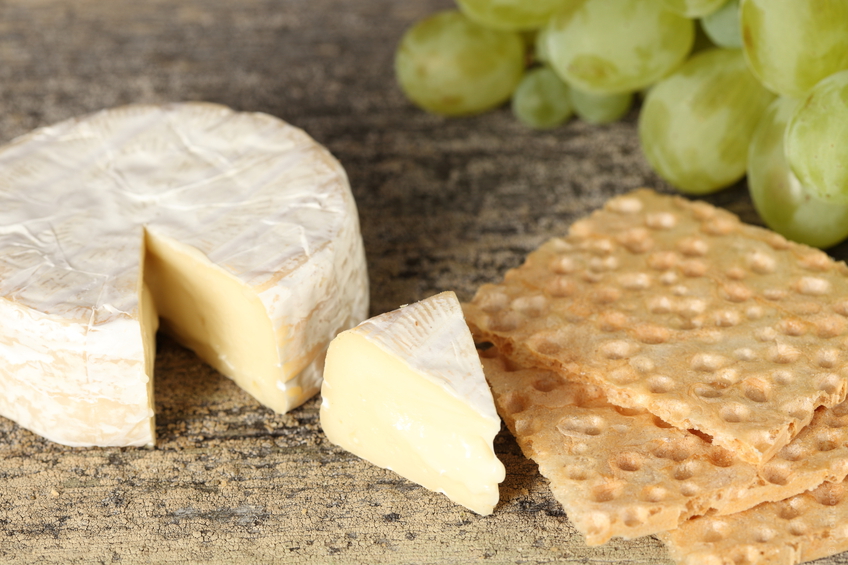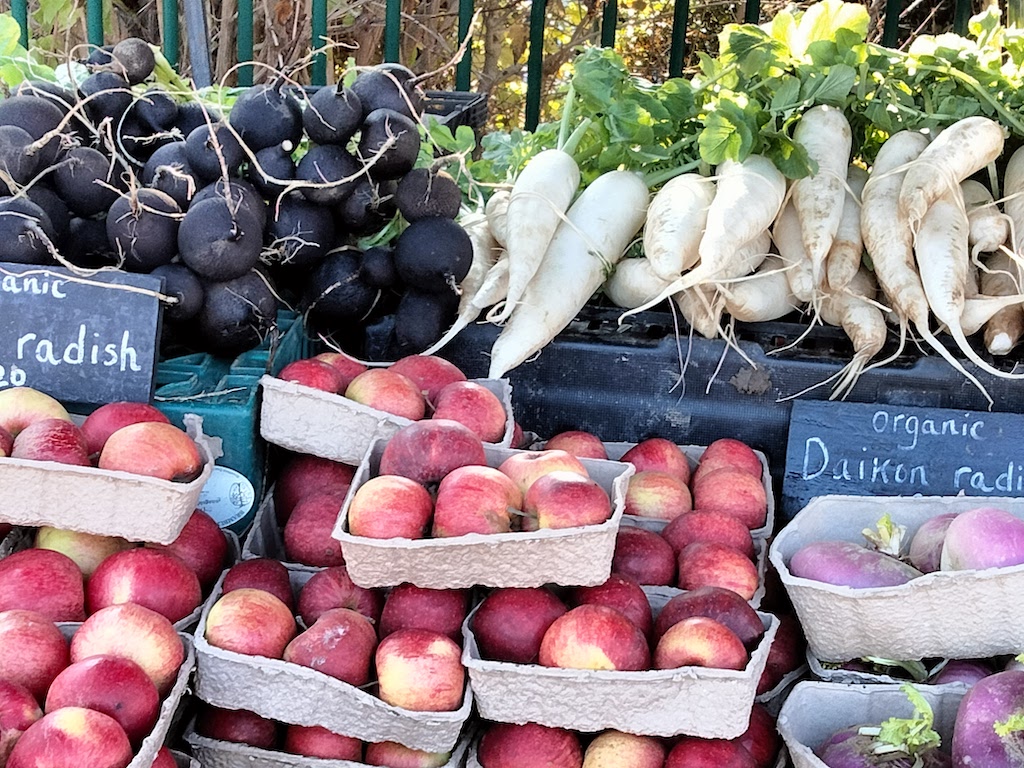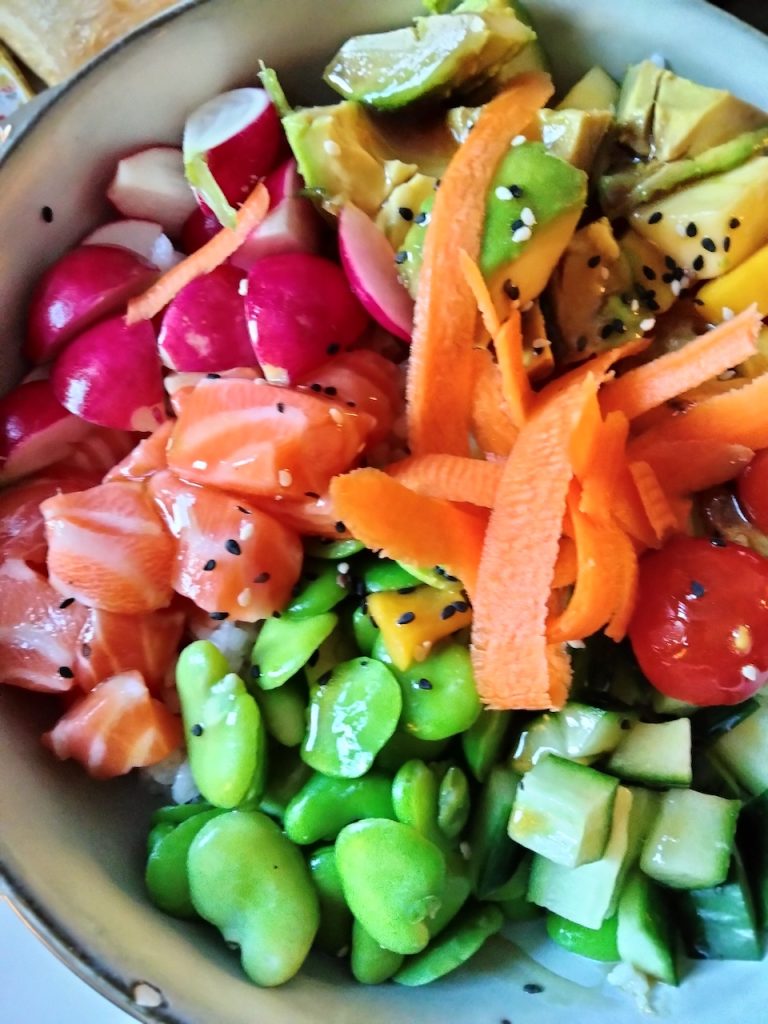Nuts for Health: Including them in your diet
In a word…YES! Nuts contain a lot of fat, scaring off many calorie-conscience dieters. Nuts are high in calories. Why? Gram for gram, fat provides the most calories (9 calories per gram versus 4 calories per gram for carbohydrate and protein). However, the fat in nuts is mostly unsaturated (heart-healthy kind of fats). So, while they may be higher in calories, nuts are also packed with a lot of really good nutrients, such as protein, as well as vitamins and minerals, such as calcium, magnesium, chromium, manganese, selenium, potassium, niacin (vitamin B3), copper and vitamin E (among other nutrients). What are some of the benefits of including nuts in your diet?
- Nuts are cholesterol-free
- Nuts are a fantastic source of dietary fiber and antioxidants
- Those who consume one serving of nuts five times per week can reduce risk of heart disease by 50% and diabetes by 25%
- Eating nuts as a snack (part of a snack) stabilizes blood sugar, staves off hunger and may aid in weight loss/ management, despite a higher calorie content
Because nuts are higher in fats, they can help keep you satisfied longer and tide you over when you are hungry (it takes longer for your body to breakdown fat). The recommendation: try eating a handful of unsalted nuts (15-20 each) daily … but make sure you substitute something out of your diet because a serving of nuts may provide up to 300 calories.
All nuts are healthy in moderation, but walnuts, pecans, almonds and pistachios are particularly nutritious choices and offer surprising health benefits. Here are a few ideas on how to include nuts into your diet:
- Use chopped or crushed nuts as a crispy coating (along with whole-grain cereal and herbs) for fish or poultry
- Toss coarsely chopped nuts into side dishes, such as brown rice, barley or quinoa
- Chop and stir into oatmeal or cold cereal
- Toast (on medium heat in a dry nonstick skillet) lightly for topping salads
- Grind them in a food processor and use as a substitute for bread crumbs
These are just a few suggestions – use your imagination!









